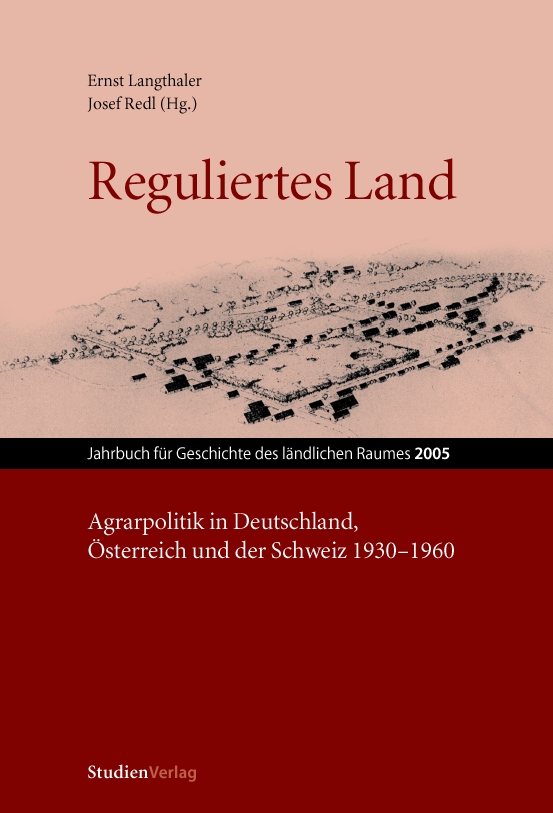Autarkie und Landwirtschaft
Der Stellenwert der Ernährungswirtschaft in der nationalsozialistischen Kriegsplanung 1933–1945
DOI:
https://doi.org/10.25365/rhy-2005-3Abstract
This contribution examines the role of agriculture as part of the economic and political system of the ‘Third Reich’. Right from 1933 the aim of achieving economic autarky in the realm of food production and thereby political independence turned out to be an illusion. It was only with the help of supplementary imports that the rationing of fat and bread could be prevented. Only reluctantly did the Reichsbank provide the necessary foreign exchange. The conflicting positions between Schacht and Minister of Agriculture Darré strengthened Hitler in his belief that only the ‘expansion of living space respectively the extensive provision of raw materials and agricultural produce’ would be able to guarantee the Reich’s ‘freedom from agricultural imports’ and consequently ‘political independence’. Forced industrialisation as a result of the Four Years Plan was bound to undermine any striving for social recognition, i.e. for a prominent position of the peasantry in the social fabric of the existing ‘Third Reich’ as demanded by the racist ‘blood and soil’ rural ideology of the Nazi regime. This goal could only be realized if enough space for settlement in Eastern Europe had been conquered. That this could only be achieved through brute force was readily accepted.


